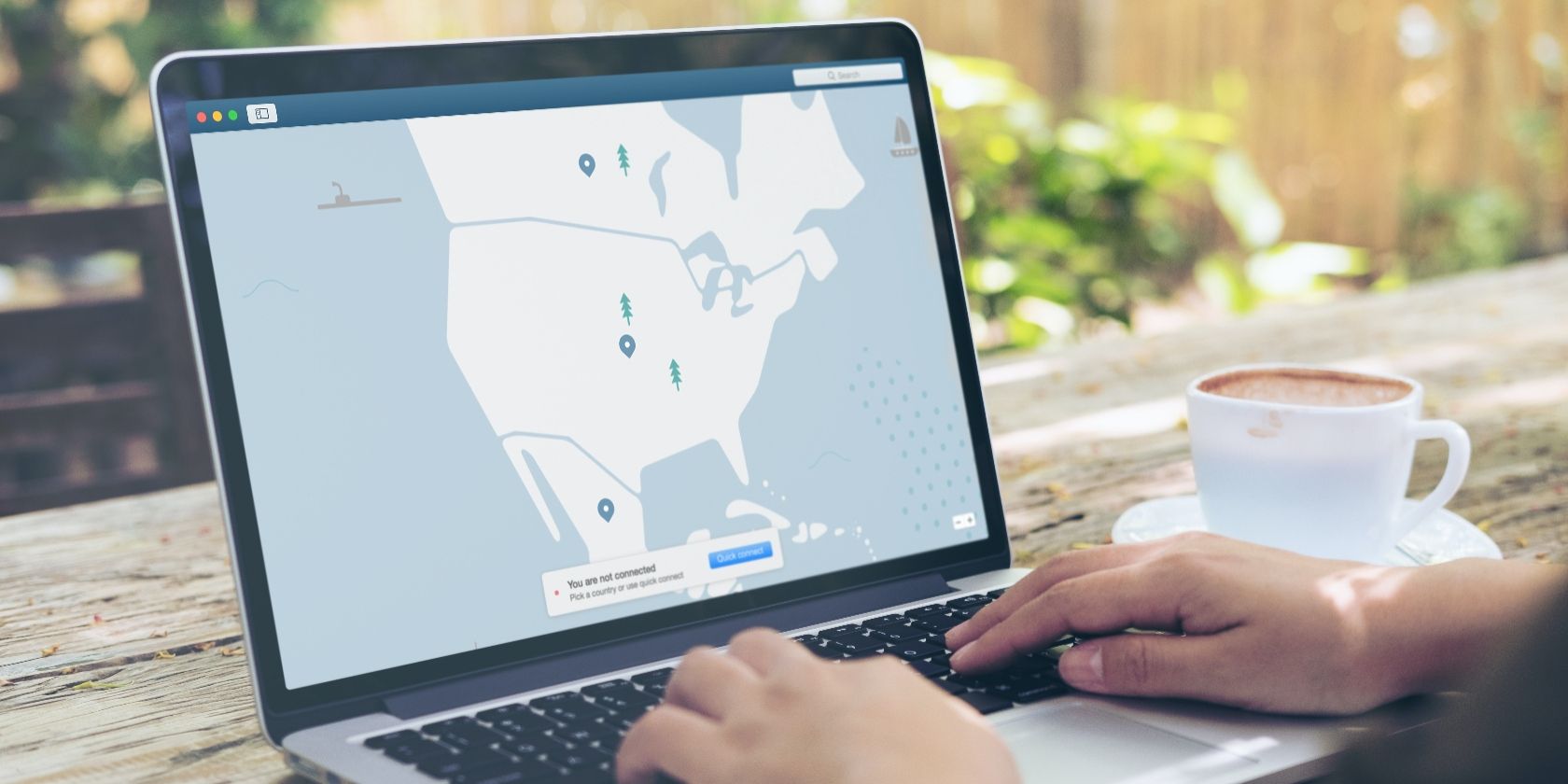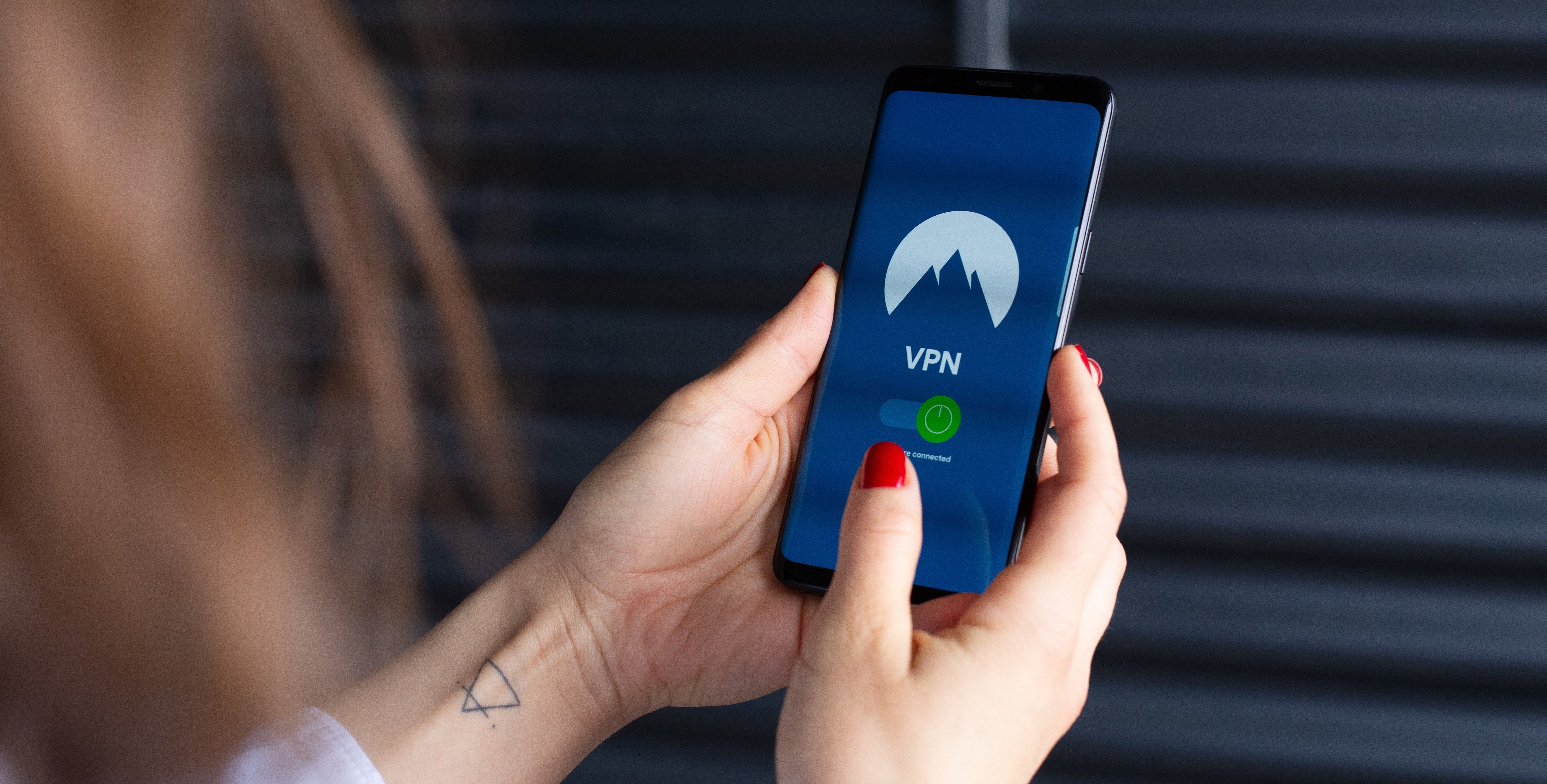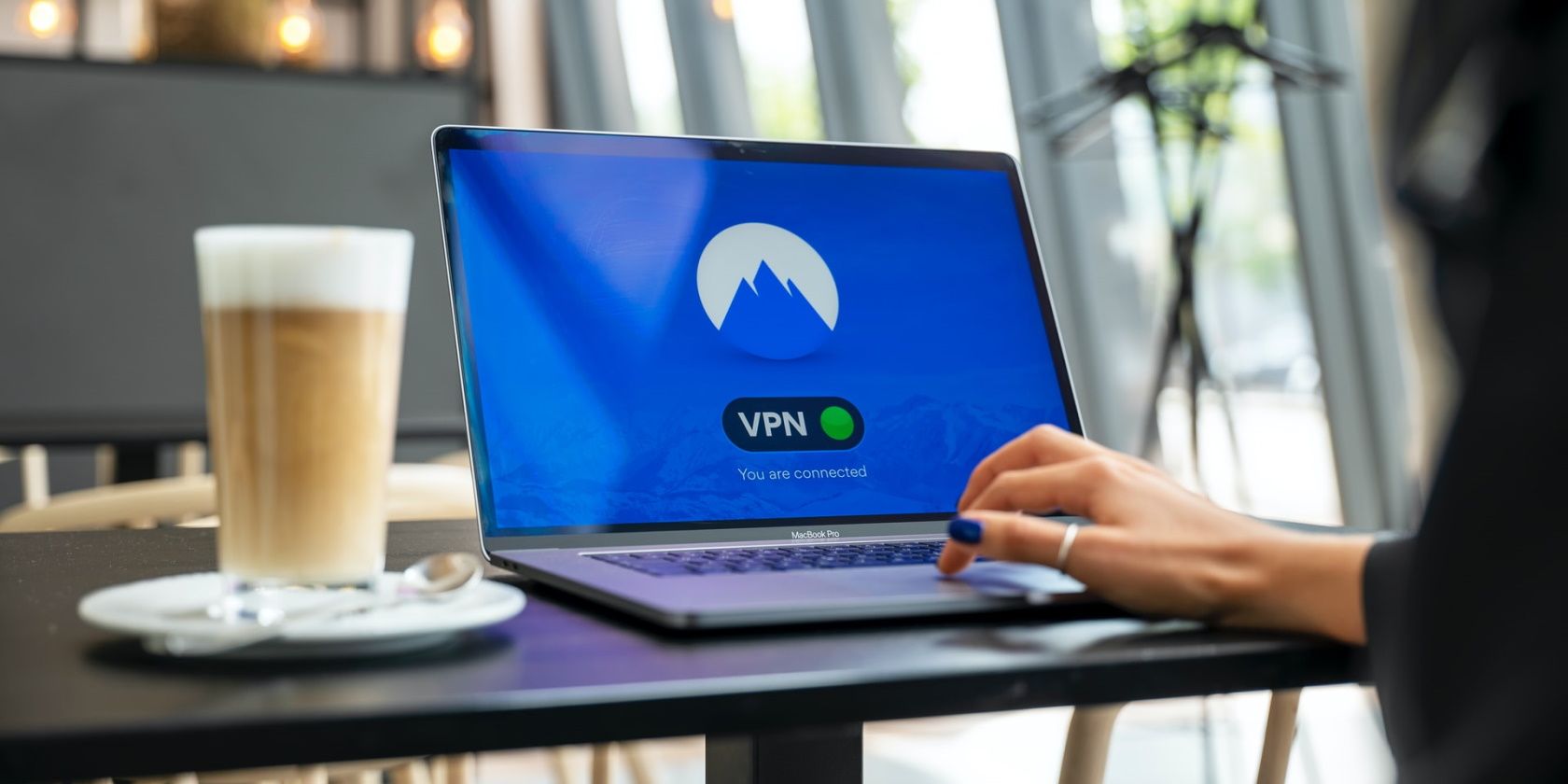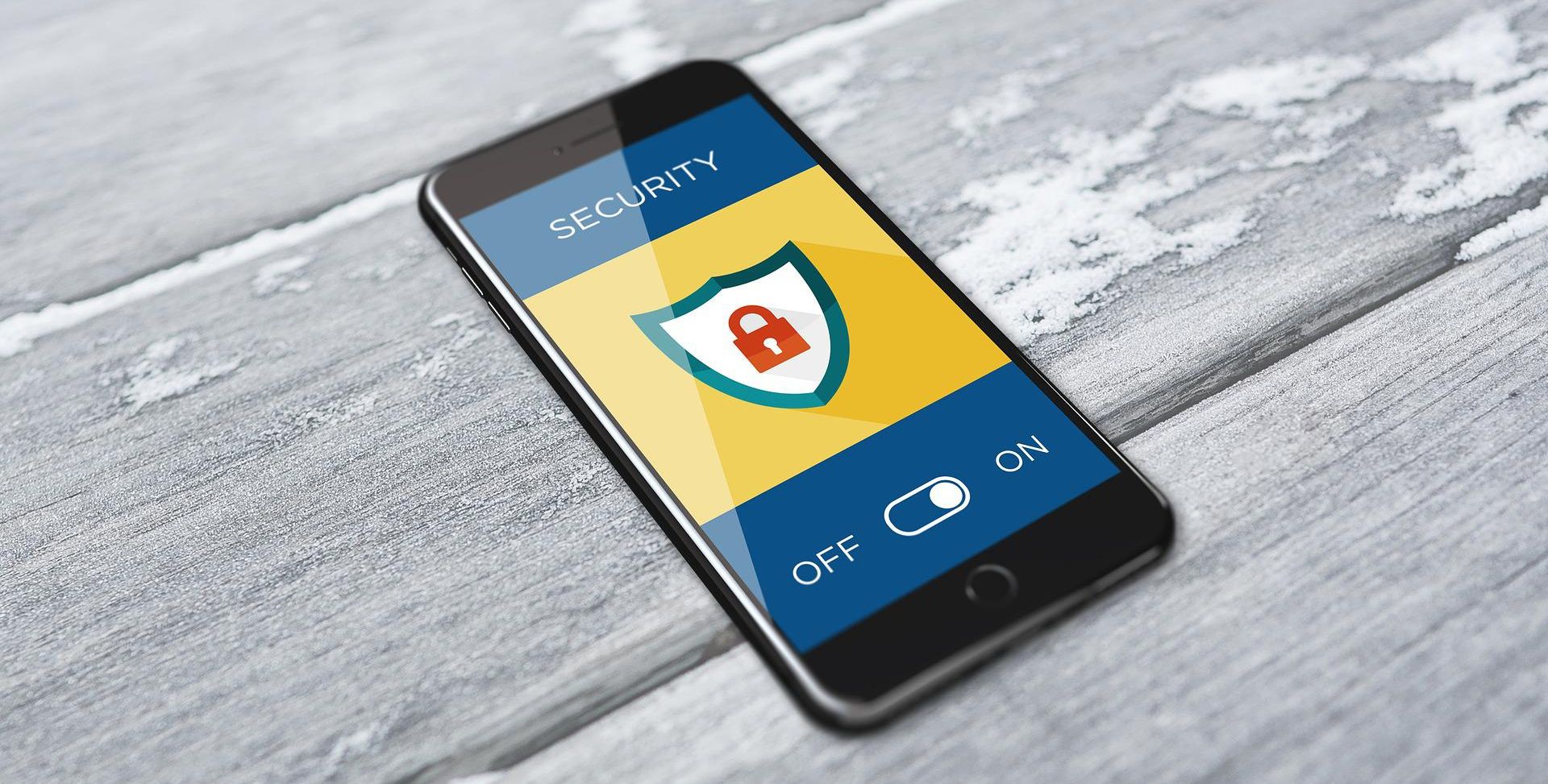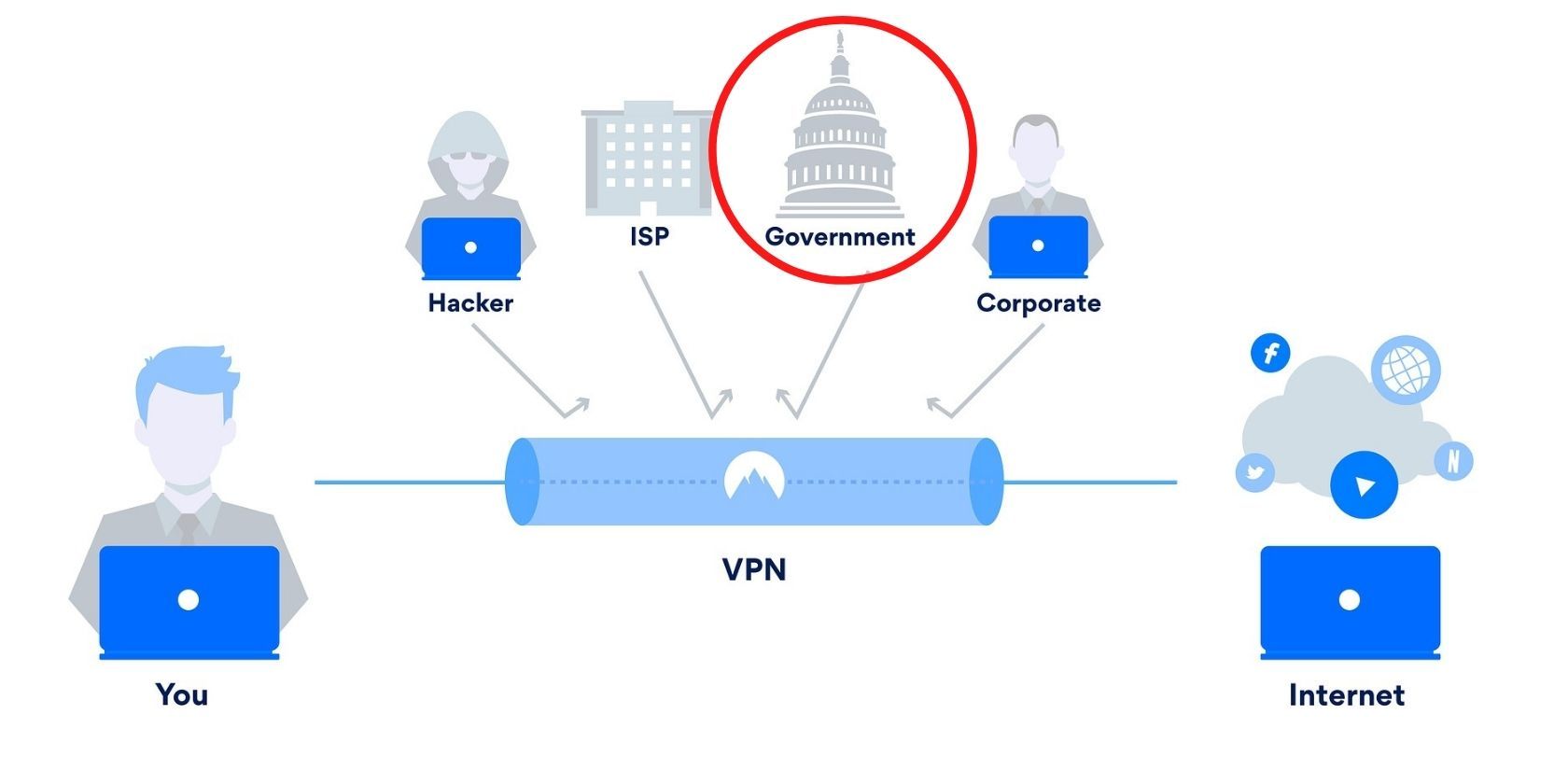The increased online safety offered by VPNs has made them a popular choice among internet users worldwide. But many of the biggest VPN providers out there cost you a monthly subscription, which has paved the way for free VPN services.
While the idea of using a VPN free of charge may sound tempting, this may not always be the best move for your safety. So, between paid and free VPNs, which should you choose? Let's dive in and find out below.
How Safe Are Paid VPN Services?
All the major VPN providers you've heard of, such as ExpressVPN, Surfshark, or NordVPN, offer the best services for a price. These VPN services offer multiple server connections, kill switches, and unblocking capabilities that let you bypass geo-restricted content. Many of these providers also offer double or multi-hop VPNs, which encrypt your data at least twice through multiple servers.
A significant factor that makes paid VPNs a go-to choice is their ability to offer fast internet speeds. VPNs tend to take a toll on connection speeds, as sending internet traffic through a remote server for encryption takes time. This can be particularly frustrating for those who stream content or game online regularly. Having a VPN that minimizes the toll taken on connection speed is a definite plus, especially if your internet speeds aren't that great in the first place.
These features have made paid VPN providers so popular over the past few years. However, you always need to note one crucial thing when using a VPN: its trust factor.
Regardless of how reputable a VPN service may seem, proving that your data is completely safe is tough. Of course, many popular VPN services state that their key focus is your data's safety, which is often the case. However, when a provider claims to have a "no-log" policy, you need to take it with a grain of salt. Logs are databases of online activity and connection information that VPN services can keep.
Regardless of how many audits are conducted on any reputed VPN service, it's nearly impossible to determine that your data is never kept or used illicitly without inside access to its infrastructure.
As is the case when you use any kind of website or online service, there is always a chance—however slight—that your data is not handled safely. Because of this, VPN users need to trust their providers to some extent. But don't let this worry you too much. If you're using a very well-established and reviewed VPN provider, the risk of your data being stored unethically is minimal.
There's one more issue associated with paid VPNs: they can be costly. When looking at the pricing for the top VPN services, you may have noticed that you have to sign up for a one or two-year plan to get the best deals. The problem is that many people don't want to commit to such a long contract. If you're going to use a VPN for a few months only, you're looking at a monthly cost of $10 or more (though some VPN providers do offer trial periods).
These prices reputed VPN providers charge often make people think twice and can veer them towards giving a free VPN service a try. And while it's great to save a buck wherever you can, there are several reasons why using a free VPN can put your private data in danger.
How Safe Are Free VPN Services?
One thing that we want to make clear from the outset is that not all free VPN services are unsafe. There may certainly be some providers that offer a legitimate VPN service free of charge, but criminal activity, data leaks, and lacking security features are far more commonplace among free VPN providers than those that require a fee.
There is a huge reason why this is the case: making a profit. In short, free VPN service providers need to make money somehow, and if they can't do it via subscription fees, they'll need to take a more illicit approach.
Numerous free VPN providers have been known to sell private user data to the highest bidder while their customers remain entirely unaware. Millions of dollars can be made by selling data, so it's not surprising that multiple VPN companies have done so already.
Betternet, Psiphon, ZPN, and many other VPN companies have been called out for tracking users and selling their data. These providers have millions of users worldwide, so it's safe to say that many people are at risk.
Even governments and other official organizations can buy data from VPN companies, and some are required by law to provide a backdoor for government access. This is how millions of users are being tricked into believing that their data is being protected, while this really isn't the case.
But it's not just data leaks that pose a risk when using free VPN services. Many of these companies also have lackluster security features, making it much easier for malicious parties to get their hands on your data or determine your geographical location based on your IP address.
All in all, using a free VPN comes with numerous risks, which could leave you worse off than you were beforehand. If you're worried about whether the VPN you're using is sharing your data, check their privacy policy. While these companies don't always disclose their more dubious activities in their privacy policy, many do, so this may be a quick and easy way to find out just how protected your data really is.
Free VPN providers can also try to make money through other avenues. For example, you may have to deal with advertisements when using a free VPN, which can be jarring and frustrating when you're trying to use the internet without interruption. This is another reason why paid VPNs are generally worth the fee.
Free VPNs Are Tempting But Risky
These days, many of us spend tens or hundreds of dollars a month on subscription services, so it makes sense that we'd want to save money wherever we can. However, using a free VPN service may defeat the purpose of using a VPN altogether, which is to protect your data.
With so many free VPN providers sharing your data with third parties, it may be wise to consider a more reputable, paid VPN if your online privacy and security are paramount to you.

